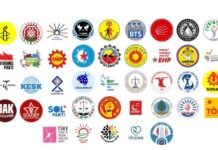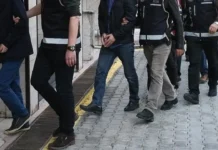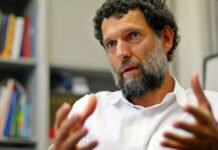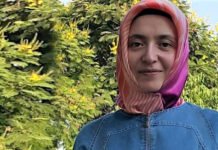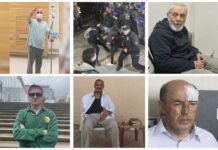Nagehan Avçil, a human rights lawyer from the Association of Lawyers for Freedom (ÖHD), said in an interview that lawyers face arrest and prosecution for their attempts to identify, report and take legal action against rights abuses targeting prisoners.
Speaking to the World Organization Against Torture (OMCT), a Geneva-based coalition of NGOs, Avçil detailed violations frequently encountered in Turkey as well as the challenges of combatting them.
“Lawyers face arrest and prosecution for prison visits,” Avçil said. “In addition to that, documenting torture is challenging since prison administrations hinder medical referrals. When prisoners are beaten, they are not brought to a doctor until their wounds and bruises have faded and healed. Requests for urgent measures are often delayed, complicating efforts to hold authorities accountable.”
While rights groups, parliamentarians and state authorities in Turkey receive hundreds of torture-related complaints every year, it is extremely uncommon to find any reports on investigations into such allegations and sanctions on officials found responsible.
The problem of impunity is often associated with the lack of independence of the judiciary in the country, which was ranked 117th among 142 countries in the Rule of Law Index published by the World Justice Project (WJP) in October.
“Prisoners often face unfair punishments. They are regularly put in solitary confinement or denied early release for no legal reason,” the lawyer said. “These practices, particularly for those with aggravated life sentences, take away their hope and violate their human dignity …”
The undue isolation of prisoners and the arbitrary denial of parole were also addressed in the conclusions of the UN Committee Against Torture, which last week published its findings on Turkey’s latest periodic review.
“Imagine spending time in a seven-square-meter cell, alone, with no contact with anyone, without seeing the sun,” Avçil said. “One of our clients was left in solitary confinement for as long as 20 days, leaving him with lasting psychological scars. In cases of aggravated life sentences, prisoners can even be isolated indefinitely. This is without a doubt torture.”
She went on to give as an example Abdullah Öcalan, the jailed leader of the outlawed Kurdistan Workers’ Party (PKK) who is serving a life sentence in the island prison of İmralı, describing his detention conditions as “globally unprecedented.”
Öcalan has reportedly been unable to contact his family or lawyers since March 2021.
“Although this is justified by claims of disciplinary penalties, lawyers cannot access these penalties, and Öcalan cannot appeal the decisions,” Avçil said, adding that solitary confinement under Turkish law should not prevent a prisoner from seeing their lawyer.
The PKK is an armed separatist group designated as a terrorist organization by Turkey and its Western allies.


